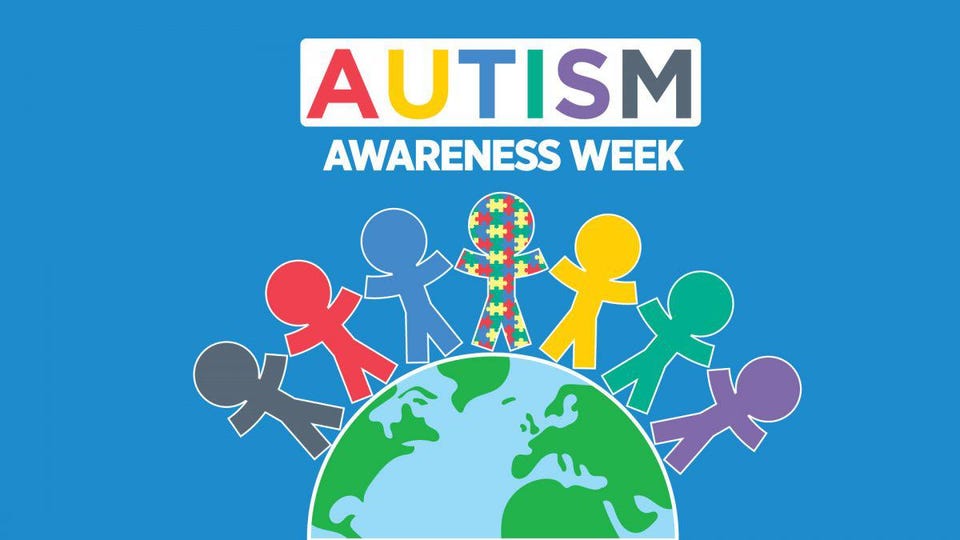Autism has affected more than 1.5 children in the USA. It is a lifelong condition for which there is no cure.
What is Autism?
Autism is a disorder caused in children during the first three years of their life. Autism is essentially a brain disorder. It affects the normal functioning of the brain. Autism is characterized by a disability in a child’s verbal and non-verbal communication. A child with autism suffers from mental retardation, stereotyped activities and impaired learning. The child also suffers from restrained social interactions and pursuits of individualistic interests and hobbies.
What causes Autism?
Even though autism is such a life-impairing disorder, researchers have not detected its common cause. Several studies indicate that it is caused due to abnormalities in the brain’s structure and working. This fact has been supported by various brain scan comparisons. The comparisons showed that an autistic child’s brain shape and structure differ from that of a normal child.
Genes are also considered a cause of autism. Genetics play an important role in a person’s lifestyle and behaviour. A child can suffer from autism if he has a family history of autism or other disabilities. 1 out of every 500 children is believed to develop autism on a genetic basis. Even if one child in the family suffers from autism, the chances of autism increase in the other children by up to 20 per cent.
Prenatal infection with viruses such as cytomegalovirus (CMV) and rubella can also result in the development of autism in a child. If the pregnant mother has not built up immunity against this virus, it can cause autism in the newborn child.
Autism can also develop in individuals suffering from medical conditions like Fragile X syndrome, tuberous sclerosis and undiagnosed phenylketonuria (PKU). Developmental brain abnormalities like macrocephaly, cerebral dysgenesis and microcephaly can also cause autism. Neurological disorders like bacterial meningitis and lead encephalopathy which are acquired after birth can also lead to autism.
Features of a child suffering from autism
Autism is known to affect three prime areas of a child’s life- verbal and non-verbal communication, creative mind play and social interaction. A child’s ability in these three areas is impaired. The severity varies from individual to individual.
One of the prime symptoms of autism is impaired social interaction. A child suffering from autism fails to respond to his name. The child avoids looking at other people and their activities. A child would remain passive to various tones of voice. He would remain blank about facial expressions and would not react to the emotions of people. He is completely oblivious to what others feel for him, and what impact he is leaving on people.
A child suffering from autism tends to engage himself in repetitive activities like biting, rocking, hair twirling and even head banging. Autistic children refer to themselves by their names instead of ‘I’ or ‘me’. They also tend to speak quite late compared to other children.
An autistic child shows unusual responses towards touch, sound or any other sensory stimulation. He might show decreased reaction and sensitivity towards injury or pain. He might react against being cuddled and doing other activities.
A child suffering from autism shows impaired learning. He finds it difficult to adjust himself to a daily give-and-take routine. He would avoid making eye contact with almost everyone. He spends his time in solitude and offers resistance to being kissed and hugged. He doesn’t even react in the absence of his parents. He tends to take longer time in interpreting and understanding things.
As they grow, autistic children can become aggressive and show a tendency to harm others. They become increasingly frustrated and may even harm themselves. Children might also develop a condition known as echolalia. In this condition, they only learn things by parroting what they hear.
A child suffering from autism also suffers from a lack of creativity. He might simply gaze at a new object or toy, or hold it. He would not play or experiment with it, like normal children.
Treatment
There is no specific medication that can be given in the treatment of autism. Treatment differs according to the severity of the impairment in a child. If you feel your child displays signs of autism a specialist should be consulted immediately for diagnosis and also to suggest what treatment can be given.

